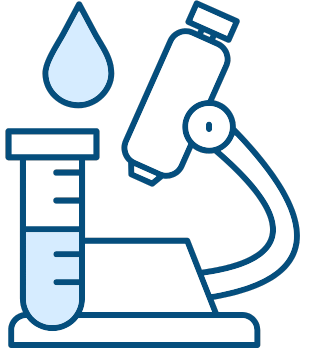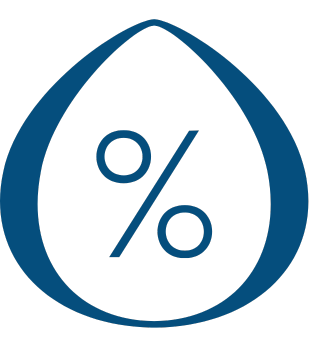Blood tests
Allergy tests
Anemia tests
General blood tests
Hepatitis tests
Covid-19 research
Electrolyte and trace element tests
Tick-borne disease surveys
Genetic tests
Glucose tests
Hormone tests
Immunological mockeries
Infection tests
Kidney function tests
Pancreatic function tests
Liver function tests
Coprological studies
Coagulation tests
Respiratory tract infection tests
Sexually transmitted disease research
Cancer tests
Thyroid tests
Carriage marker tests
Fertility tests (women)
Viral disease research
Vitamin tests
Anemia tests
Prostate tests
Microbiology tests
HIV testing
Fat metabolism tests
Cardiovascular tests
Blood tests are one of the most important laboratory procedures for assessing and monitoring a person’s health. These tests are carried out by taking a blood sample, which can be analysed from a number of different angles. Blood tests can determine the number and condition of blood cells such as red blood cells, white blood cells and platelets. It can also measure the levels of various chemicals, electrolytes, proteins and hormones in the blood.
Blood tests are a vital health monitoring tool, allowing doctors to assess and track a patient’s health status. These tests are not only an effective way of detecting various diseases and health disorders, but also an essential tool for monitoring the healing process and changes in health. For these reasons, blood tests are an integral part of medical research and healthcare.
What do blood tests reveal?
Blood tests can reveal a wide range of information, from the number and condition of blood cells to the levels of chemicals such as cholesterol or glucose in the blood. But beyond that, they can also reveal abnormalities in the heart, thyroid, liver or kidneys, and help diagnose a heart attack or heart failure.
Blood tests are also indispensable in detecting markers of diseases such as diabetes, HIV, anaemia, cancer or coronary heart disease. They can reveal the risk of heart disease even in people who are not yet suffering from it. Blood tests also assess whether the medicines you are taking are
How to prepare for blood tests?
These guidelines will help you to prepare properly for blood tests, ensuring accurate and reliable results.
- Eating and smoking: refrain from eating, smoking and playing sports for at least 12 hours before the test.
- Alcohol: Do not consume alcohol for at least 48 hours before the test.
- Timing: It is recommended to take the test in the morning, between 7am and 10am, to ensure the body’s natural biorhythm and the stability of hormone levels.
- Other procedures: If you are planning other diagnostic or therapeutic procedures, it is best to have the blood test before them.
- Medication: If the patient’s condition permits, it is recommended that no medications that may affect the results of the test are taken during the day.
- Avoiding stress: Stress can distort the levels of some hormones and other blood components, so you should relax before the test.
When preparing for a blood test, it is important to follow these guidelines to ensure accurate results.
Frequently asked questions
Laboratory blood tests are carried out in medical laboratories with special equipment and qualified staff, guaranteeing accurate and complete results. Meanwhile, non-laboratory or rapid tests can be carried out at home without the need for special equipment and the assistance of medical professionals. They quickly identify specific health indicators such as blood glucose levels or pregnancy.
The cost of blood tests varies widely, depending on the type of test performed and its complexity. Simple tests, such as a general blood or urine test, cost between €10 and €15. Specialised tests, such as hormone levels or identification of cancer markers, can cost considerably more.
The waiting time for a response may vary depending on the type of blood test. Some tests can give you the results within minutes of the test, while others can take days or even weeks.
The blood test procedure is usually painless, but may cause short-term discomfort. This usually depends on the individual’s pain tolerance.



